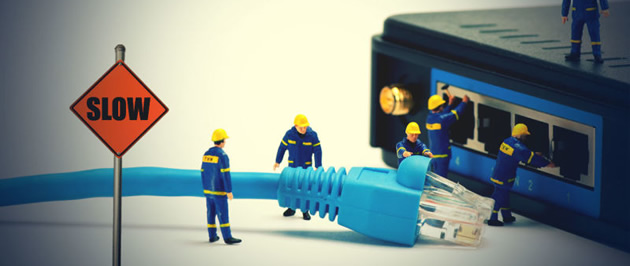It is fair to say, that each working generation accepts the knowledge that their job is more technologically facilitated, than their predecessors’; indeed, it is hard to imagine a single career which isn’t made in some way more streamlined thanks to 21st century technology. In PR the use of the internet, possibly the biggest thing to happen to humans since the discovery of fire… or the wheel, is something that we live and breathe. Oh how we laugh at veterans who talk about hours spent next to the fax machine, pouring through well-thumbed directories of contacts and sitting on the floor filling hundreds of envelopes with press releases. It is almost impossible to imagine, how slow everything must have been. Posting out press releases… I mean?!
Everything is now done online, from creating media lists and databases to creating entire social media and online campaigns. The internet seemed to be, and is the source of PR love which kept on giving, the invisible treat which saw coverage appear in less than an hour and for us young (ahem) things we didn’t know any different. Obviously there were negative associations, hacking being the number one…but its The Internet…. to stop using it, would be the career equivalent of going on hunger strike. This week, Clareville, along with much of the UK, has been at the mercy of its ubiquitous master; and as BT saw its broadband services drop all over the country, twitter lit up with the indignation of users who had lost hours of virtual business and life, many of which seemed to be on hold to the ironically named @BTCare….what’s the expression about with great responsibility comes great power, or something like that?!
As we all launched into email checking via 4G on our mobile phones, conversations arose over how much do we actually know about this invisible life-force which is allowing us, even now, to read this.
Here are 5 facts about the internet in the UK you might not know:
– BT is the leading UK company of broadband in the Country
– The difference between dial-up and broadband is like the difference between a country lane and a motorway. Replace a single band with separate bands for uploading, downloading and voice – and you speed up traffic many times over. Instead of one, narrow band you get a broader band – hence ‘broadband’ in the UK, these are currently Virgin & BT broadband.
– Most problems are physical, caused by physical damage to wire and cables.
– Web surfing is actually really unenvironmental, a single google search produces 0.2g of C02 and the monthly google searches produce 260 000kg of co2, the equivalent to leaving a freezer on for 5400 years!
– Each time you search on the internet your query is shot through massive data-centre buildings “server farms” that house thousands upon thousands of servers, each of which store some of the information available on the web. Each of those servers also requires a considerable amount of energy to function. The more data they have to filter through and subsequently transmit, the more energy is used, the more greenhouse gas emissions are generated.
So taking that all into account, it is interesting to see where the internet phenomenon is going, and how much more it can take, are we going to end up with entire counties of server farms? Will they start having artificial intelligence to maintain themselves? On talking to our MD about the subject, he said that he chose BT for because it was the best known, and thought to be the most reliable supplier, but as everything happens so fast, are corners cut for results? Is that why this is happening?
No one really thinks where the information comes from and how it works, and it almost seems like access to the internet is seen as the same as access to drinking water, with no known negatives, people just know they need it. And NOW…and that is the problem with the cloud as we know it, unlike books and the physical materials, what is on screen is actually in the hands of something else, which is appearing to be unreliable by the minute.









Comments are closed.